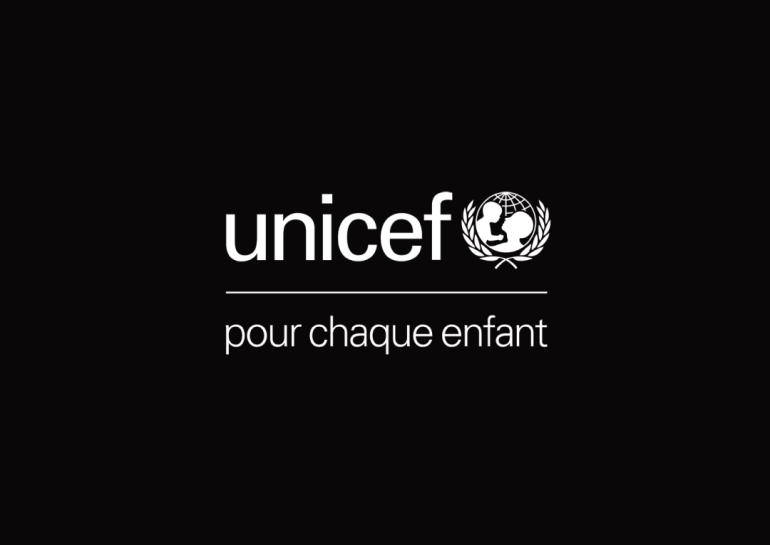Non-breastfed babies likely to die before first birthday — UNICEF
The United Nations Children’s Fund (UNICEF) says babies not breastfed are 14 times more likely to die before they reach their first birthday than those exclusively breastfed. UNICEF Chief of Bauchi Field Office, Dr Tushar Rane, stated this yesterday during a media dialogue on breast feeding in Azare, Bauchi State. He said breast milk is […]

The United Nations Children’s Fund (UNICEF) says babies not breastfed are 14 times more likely to die before they reach their first birthday than those exclusively breastfed.
UNICEF Chief of Bauchi Field Office, Dr Tushar Rane, stated this yesterday during a media dialogue on breast feeding in Azare, Bauchi State.
He said breast milk is the first vaccine for every child, adding that it is the mainstay for safeguarding infants against life-threatening infections.
He noted that breastfeeding supports optimal brain development in children, especially in the first 1,000 days and ultimately lowers healthcare costs.
- Don’t take workers’ health for granted, FG warns HMOs
- 2024 Hajj seat: Kaduna agency tells intending pilgrims to deposit N3.5m
“We understand that optimal infant feeding is a cornerstone for human capital development while poor Infant and Young Child Feeding (IYCF) practices bears major risks to child survival and socio-economic growth.”
Rane said only 9 per cent of organizations have a workplace breastfeeding policy, with only 1.5 per cent in the public sector.
Women in the informal sector have nearly no support for breastfeeding, he added.
He urged government and employers to provide the needed assistance for mothers and caregivers including those in the informal sector or on temporary contracts to conveniently breastfeed or support breastfeeding.
He stressed the need to promote policies that encourage breastfeeding such as paid maternity leave for six months as well as paid paternity leave, flexible return-to-work options,regular lactation breaks during working hours and adequate facilities that enable mothers to continue exclusive breastfeeding for six months.
